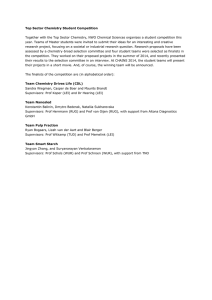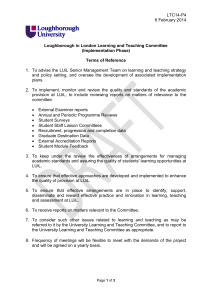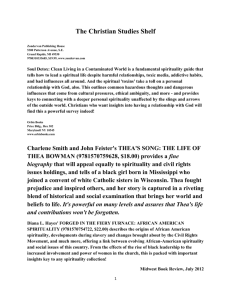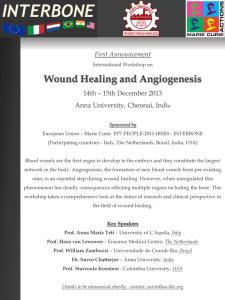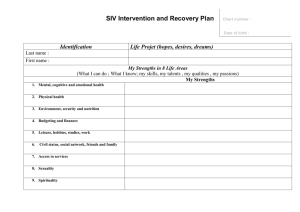Representation of Sexualities” in academic literature, religion and
advertisement
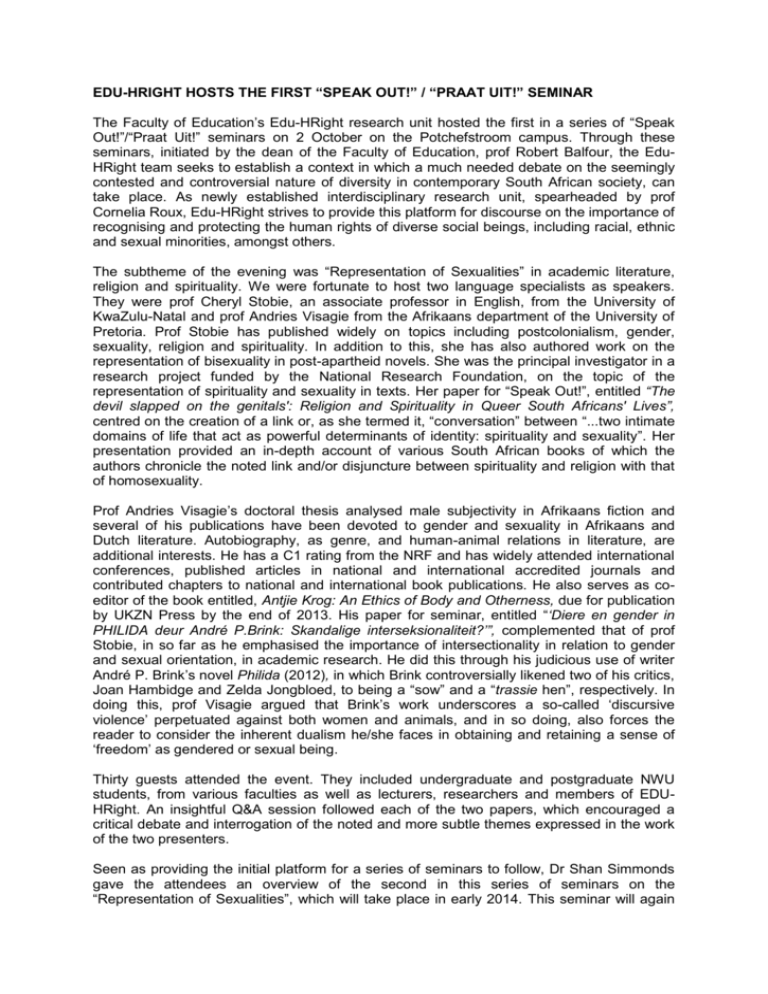
EDU-HRIGHT HOSTS THE FIRST “SPEAK OUT!” / “PRAAT UIT!” SEMINAR The Faculty of Education’s Edu-HRight research unit hosted the first in a series of “Speak Out!”/“Praat Uit!” seminars on 2 October on the Potchefstroom campus. Through these seminars, initiated by the dean of the Faculty of Education, prof Robert Balfour, the EduHRight team seeks to establish a context in which a much needed debate on the seemingly contested and controversial nature of diversity in contemporary South African society, can take place. As newly established interdisciplinary research unit, spearheaded by prof Cornelia Roux, Edu-HRight strives to provide this platform for discourse on the importance of recognising and protecting the human rights of diverse social beings, including racial, ethnic and sexual minorities, amongst others. The subtheme of the evening was “Representation of Sexualities” in academic literature, religion and spirituality. We were fortunate to host two language specialists as speakers. They were prof Cheryl Stobie, an associate professor in English, from the University of KwaZulu-Natal and prof Andries Visagie from the Afrikaans department of the University of Pretoria. Prof Stobie has published widely on topics including postcolonialism, gender, sexuality, religion and spirituality. In addition to this, she has also authored work on the representation of bisexuality in post-apartheid novels. She was the principal investigator in a research project funded by the National Research Foundation, on the topic of the representation of spirituality and sexuality in texts. Her paper for “Speak Out!”, entitled “The devil slapped on the genitals': Religion and Spirituality in Queer South Africans' Lives”, centred on the creation of a link or, as she termed it, “conversation” between “...two intimate domains of life that act as powerful determinants of identity: spirituality and sexuality”. Her presentation provided an in-depth account of various South African books of which the authors chronicle the noted link and/or disjuncture between spirituality and religion with that of homosexuality. Prof Andries Visagie’s doctoral thesis analysed male subjectivity in Afrikaans fiction and several of his publications have been devoted to gender and sexuality in Afrikaans and Dutch literature. Autobiography, as genre, and human-animal relations in literature, are additional interests. He has a C1 rating from the NRF and has widely attended international conferences, published articles in national and international accredited journals and contributed chapters to national and international book publications. He also serves as coeditor of the book entitled, Antjie Krog: An Ethics of Body and Otherness, due for publication by UKZN Press by the end of 2013. His paper for seminar, entitled “‘Diere en gender in PHILIDA deur André P.Brink: Skandalige interseksionaliteit?’”, complemented that of prof Stobie, in so far as he emphasised the importance of intersectionality in relation to gender and sexual orientation, in academic research. He did this through his judicious use of writer André P. Brink’s novel Philida (2012), in which Brink controversially likened two of his critics, Joan Hambidge and Zelda Jongbloed, to being a “sow” and a “trassie hen”, respectively. In doing this, prof Visagie argued that Brink’s work underscores a so-called ‘discursive violence’ perpetuated against both women and animals, and in so doing, also forces the reader to consider the inherent dualism he/she faces in obtaining and retaining a sense of ‘freedom’ as gendered or sexual being. Thirty guests attended the event. They included undergraduate and postgraduate NWU students, from various faculties as well as lecturers, researchers and members of EDUHRight. An insightful Q&A session followed each of the two papers, which encouraged a critical debate and interrogation of the noted and more subtle themes expressed in the work of the two presenters. Seen as providing the initial platform for a series of seminars to follow, Dr Shan Simmonds gave the attendees an overview of the second in this series of seminars on the “Representation of Sexualities”, which will take place in early 2014. This seminar will again convene specialists in the field of gender, sexuality and queer studies, with a particular emphasis on the lived experiences of NWU staff. Information on this seminar will be communicated during January 2014.



